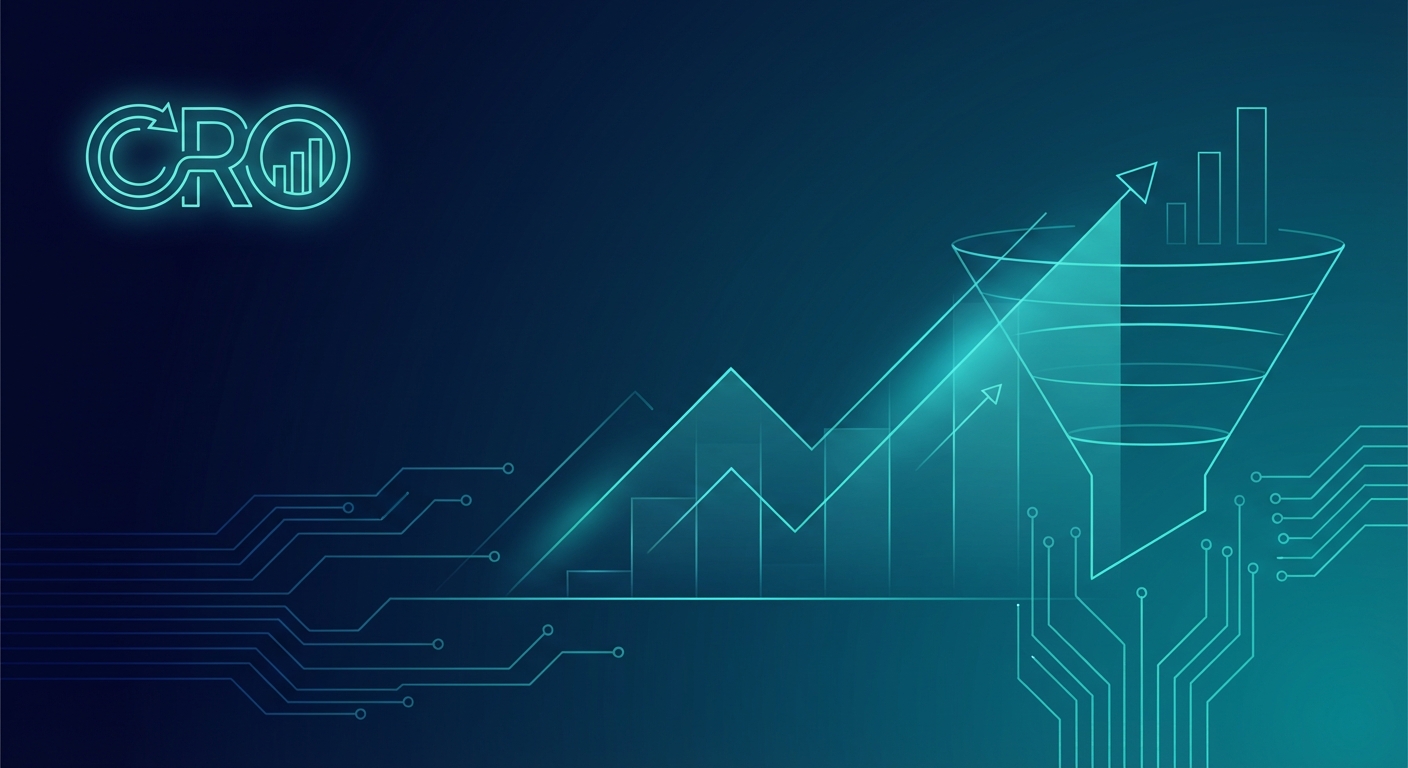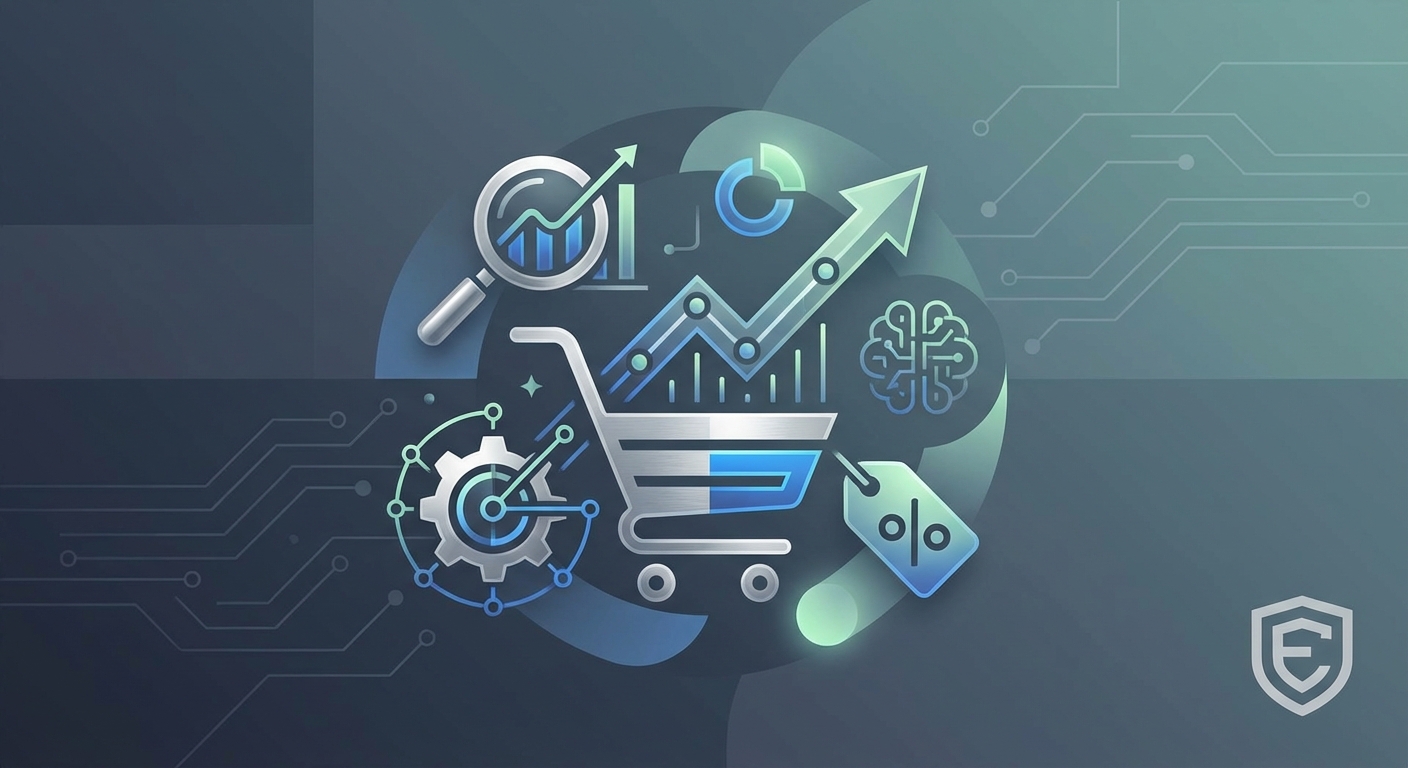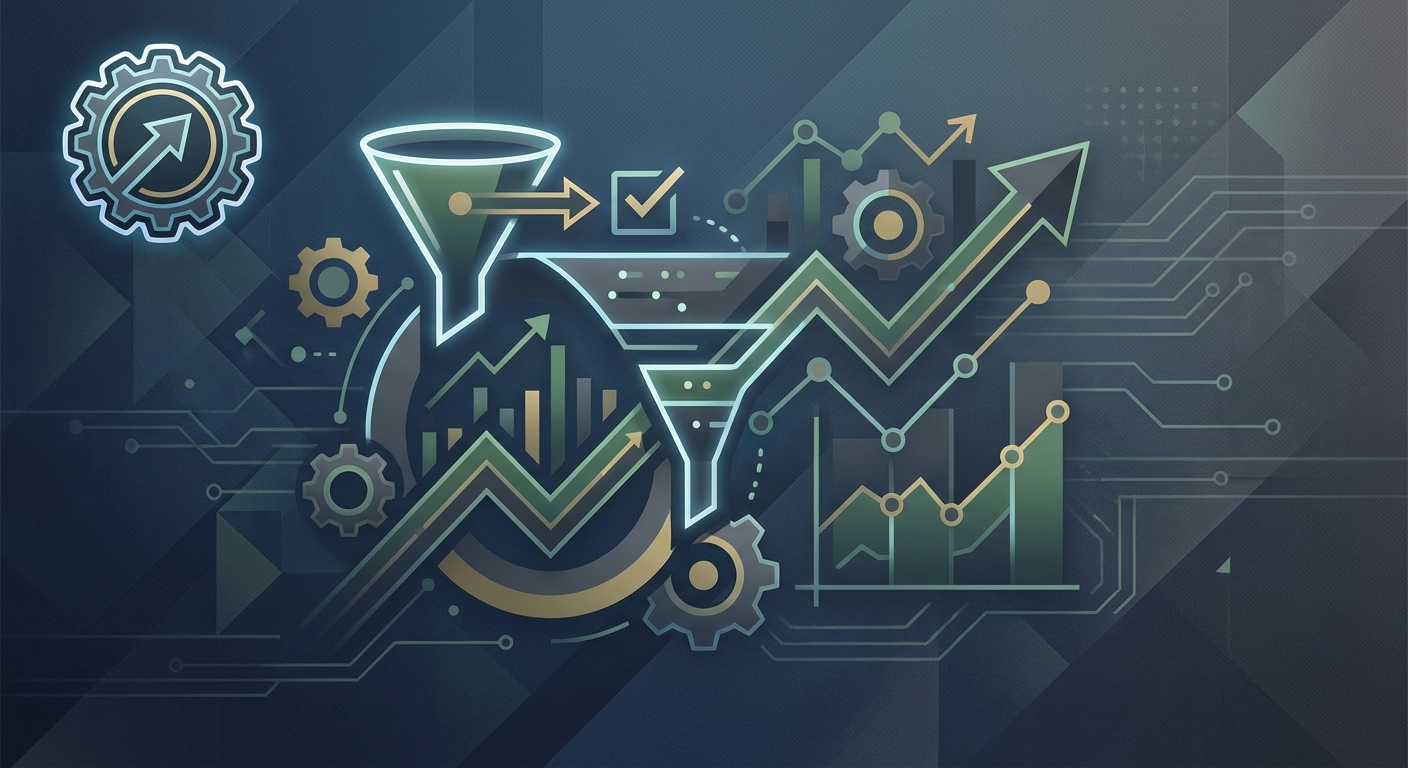AI-Powered Predictive Analytics for Conversion Optimization
TL;DR
- This article covers using AI-powered predictive analytics to boost your conversion rates. It includes how AI analyzes user behavior, personalizes content, and automates a/b testing. You'll learn how to implement these strategies to improve your marketing roi, even if you're not a data scientist.
Understanding Conversion Optimization and Its Challenges
Conversion optimization? It's like, why are people not buying your stuff, ya know? Let's figure it out.
Basically, conversion optimization is the systematic process of increasing the percentage of website visitors who take a desired action, such as making a purchase, signing up for a newsletter, or filling out a form. It's about understanding user behavior and making data-driven changes to your website or marketing efforts to encourage more of those desired actions.
Understanding what users actually do is key. Like, where are they clicking and where they bouncing from?
Old-school methods like A/B testing are still around, but it take ages, right? While A/B testing is valuable, its limitations include the significant time required to gather enough data for statistically significant results, the potential for testing only one variable at a time, and the difficulty in accounting for the complex interplay of multiple user factors that influence decisions. (Alternatives to A/B Testing in SaaS: How to Improve Product and UX) Conversion optimization blogs and resources by Unbounce has a ton of info on this kinda stuff.
Time and money are tight, so doing all this is hard.
Analyzing tons of data? Forget about it.
Personalizing marketing? Easier said than done.
And users? They always want something new.
These traditional challenges highlight the need for more efficient and insightful methods. Now, with ai, things are changing.
The Power of AI-Powered Predictive Analytics
Want to know what ai can really do for your business? It's more than just buzzwords, I promise.
- Data collection and processing is key. ai can pull data from everywhere – websites, apps, even those old spreadsheets. It sorts through the mess so you don't have to.
- Machine learning algorithms then kick in to find patterns. For instance, in conversion optimization, machine learning can analyze user journeys to identify common sequences of actions that precede a purchase, or pinpoint specific website elements that correlate with high abandonment rates. This is similar to how algorithms can predict which healthcare patients are most likely to miss appointments, by recognizing subtle patterns in their data. (Can AI predict no-shows before they happen? This new model says ...)
- From there, ai creates predictive models to guess what's gonna happen. Like, what are the chances someone actually buys that thing in their cart?
- ai is way faster than doing it the old way. No more waiting weeks for reports! (Why I Finally Stopped Fighting AI (And You Should Too))
Basically, it's about knowing what customers will do before they do it. And that's kinda powerful, right? Now, let's dicuss the tech that makes all this possible.
Implementing AI for Conversion Optimization: A Step-by-Step Guide
Alright, so you're ready to put ai to work? Cool, let's break down how to actually do this conversion optimization thing.
First off, what exactly do you want people to do? Gotta be specific.
- Want 'em to buy something? Sign up for a newsletter? Download a free ebook? That's your conversion goal.
- Then, set some kpis to measure if it's working, like conversion rate or bounce rate.
- Make sure these goals actually matter to your business. No point in optimizing something that doesn't help the bottom line.
Next up, time to wrangle some data.
- Pull data from everywhere: website analytics, your crm, wherever you're tracking stuff.
- Clean it up too! You got to make sure it's, like, accurate and consistent. Garbage in, garbage out, ya know?
- Segment your audience. Think demographics, behavior, all that jazz. Who are they, anyway?
Now for the fun part: the ai!
- Match the ai to the goal. This means selecting the right machine learning technique. For example, regression models are used to predict continuous values, like forecasting future sales revenue based on historical data and marketing spend. Classification models, on the other hand, are used to categorize data into discrete classes, such as predicting whether a lead is likely to convert (yes/no) or identifying customer churn risk. The choice depends on what you're trying to predict.
- Think about ease of use, cost, and how well it plays with your other tools. This involves considering factors like the learning curve for your team, the budget allocated for AI solutions (including potential subscription fees or development costs), and the compatibility of the AI tool with your existing marketing stack (e.g., CRM, analytics platforms, email marketing software).
- There are free tools out there too, for initial stuff and testing.
Time to build and deploy your models.
- Train your ai model using all that data you collected. This is where the machine learning algorithms learn from your historical data to make predictions.
- Validate it. Is it any good? Adjust as needed. This involves testing the model's accuracy on unseen data to ensure it generalizes well.
- Then, get it working on your website and marketing. This could involve integrating AI-powered recommendations into your website, using AI for personalized email campaigns, or automating ad targeting.
- Keep an eye on it. ai isn't "set it and forget it".
Practical Applications of AI in Conversion Optimization
Alright, let's dive into how ai is actually used in conversion optimization, not just the theory. It's pretty cool stuff, really.
- Personalized Website Experiences: ai can dynamically show different content based on what it knows about the user. Like, a retail site could show different products based on past purchases. Or a finance site could tailor advice based on the user's risk tolerance.
- AI-Powered A/B Testing: Forget manually testing everything. ai automates this, finding what works best. This is often achieved through techniques like multi-armed bandit algorithms, which dynamically allocate traffic to winning variations more quickly, or by using AI to segment users and run tailored tests for each group, optimizing the testing process beyond traditional A/B splits. It can even personalize a/b tests for different groups of users.
- Predictive Lead Scoring: ai can identify which leads are most likely to convert. This lets sales teams focus on the best prospects in healthcare or whatever.
So, how does this all work in practice?
Next up, we'll check out some ai-powered a/b testing.
Measuring the Impact and Future Trends
Ai keeps changin' things, right? How do we know if it's really workin' and what's next?
- Track kpis like conversion rates; are folks buyin' more? Other important metrics include customer lifetime value (CLV), average order value (AOV), and churn rate. ai can help identify the specific drivers behind changes in these KPIs, going beyond simple observation.
- Data viz tools? Spot trends and patterns, ya know? AI can enhance these tools by surfacing deeper insights and anomalies that might be missed by human analysts.
- Future? More ai personalization and smarter predictive models. We'll see AI becoming even more adept at understanding nuanced user behavior and predicting future trends with greater accuracy, leading to hyper-personalized customer journeys and proactive optimization strategies.
So, ai's impact? It's measurable, and the future's lookin' bright, even if its messy.







